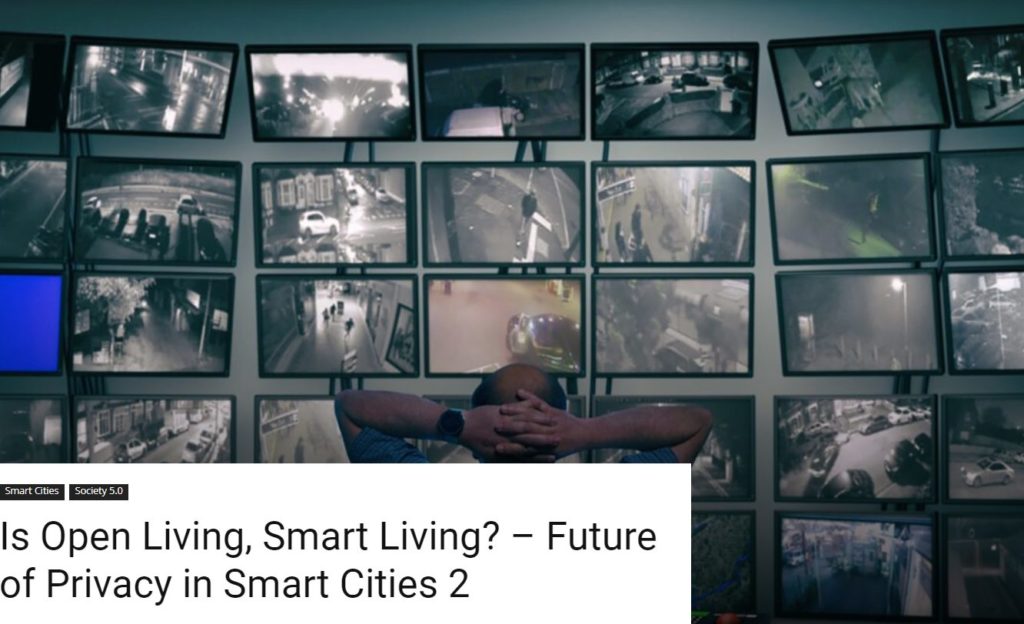Being a 2nd-year student of interaction design, I more and more realize how deep the responsibility of our field is, especially when integrating artificial intelligence (AI) with what we design. In this blog post, I will cover some of the ethical responsibilities toward the user of an interaction designer and, to be specific, I will dwell on how AI technologies are incorporated into our work.

“How can interaction designers, when working with others, ensure
Interaction designers create interfaces that allow for smooth navigation and ensure users access the product or service with efficiency. But that is a one-dimensional perspective. One also has to bear in mind that the design work we do affects user behavior, privacy, and autonomy. Such is the potential rise of AI to bring new layers of these responsibilities and challenge us to think more deeply about the ethical implications of our work.
Transparency and Informed Consent: To the This, therefore, leads us to transparency as one of the biggest obligations that an interaction designer should adhere to in the integration of AI. AI algorithms might affect decision-making, thus being useful for personalizing experiences or automating tasks. However, these systems have to be transparent in understanding the functioning data. A Pew Research study states its importance on informed consent when it indicates that 79% of Americans are indeed concerned about how companies are using their data.
To this end, designers need to work on clear disclosures and opt-in mechanisms through which users can easily opt for their preferences and make informed choices concerning the usage of AI-powered features.

Mitigating the Impact of Another critical ethical concern in the design and integration of AI is the human. It holds the possibility for algorithmic bias, meaning the algorithms are fed lots of data that have bias in them, and then, in practice, what happens is discriminatory outcomes.
The AI Now Institute report brought up a number of instances where biased algorithms had direct impacts on minority persons. It’s our job, as designers, to work with our data scientists in understanding the biases in our systems and attenuating them so that our users have equal experiences. This can, in turn, require deep testing, large data sets, and general design practices.
Balancing Automation with Human Oversight: Depending on the integration level, AI can bring about the following new levels of automation: from simple recommendations to complex decision-making systems. Indeed, automation will boost the efficiency of producing processes, but at the same time, it provokes questions about human responsibility and accountability. There might then be a balance between the two with interaction designers at those sensitive arenas, e.g., healthcare and finance, there might be a way that the interfaces allow users to review and even override automation decisions. Interfaces designed with opportunities allowing the users to review and override automated decisions may help maintain accountability while empowering the users.
The multiple ethical responsibilities of interaction designers—especially as AI becomes integrated into our work—are profound. From ensuring transparency and informed consent to mitigating algorithmic bias and balancing automation with human oversight, we have a central role that cuts across the mere definition of user experience into shaping societal outcomes. As we continue to develop and innovate in the field, we have to be mindful of these responsibilities, making sure that the designs that we come up with work for the users and are ethically standard.
“Artificial Intelligence: A Key Force Influencing Global Employment and Education.” BBC Chinese, 30 Feb. 2024, bbc.com/zhongwen/simp/science-65752703.
“Is Open Living Smart Living?” Society 5, 1 May 2023, society5.com/society-5/is-open-living-smart-living-two.
“News: The AI Debate Is Happening in a Cocoon.” AI Now Institute, 29 Dec. 2023, ainowinstitute.org/news/the-ai-debate-is-happening-in-a-cocoon.